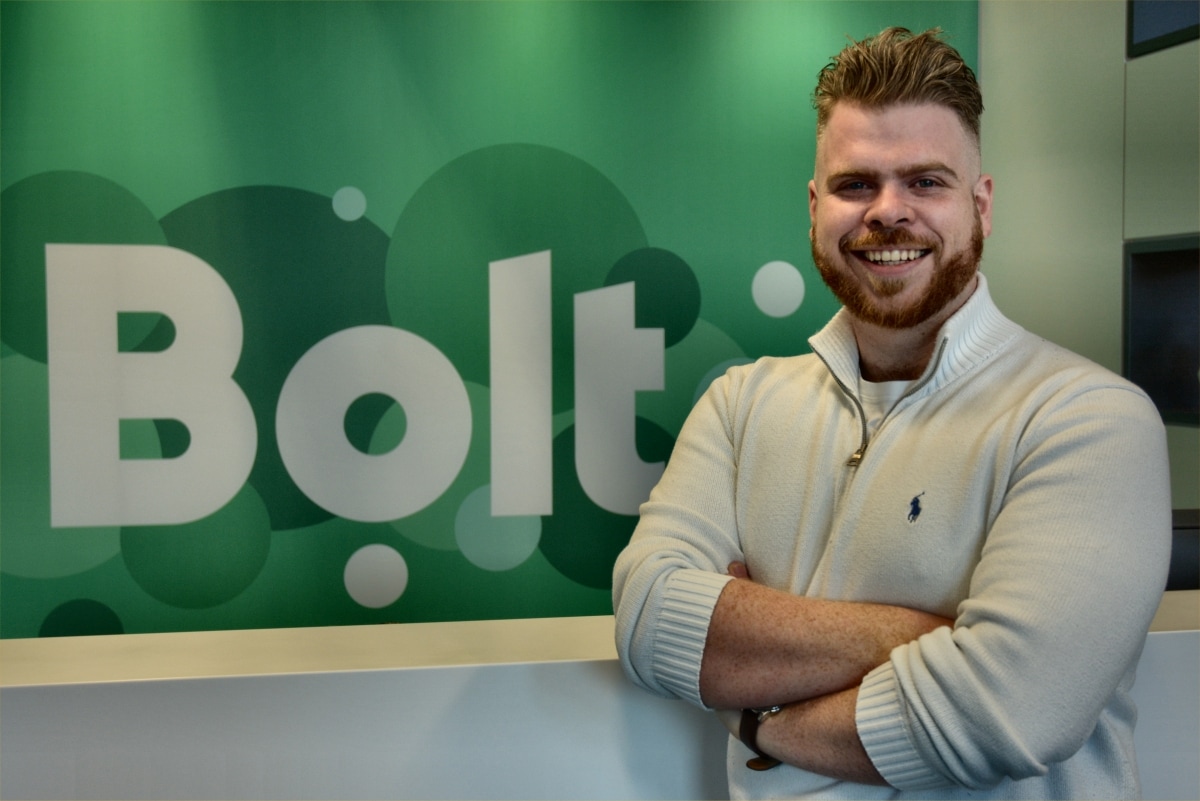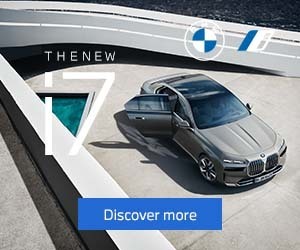Bolt teams up with Splend and Ubitricity to expand electric car use and charging networks for London minicab drivers

Ride-hailing app Bolt has launched two new partnerships aimed at boosting electric car use within its London operations. Bolt has set up a partnership with PCO car hire company Splend to offer discounted prices on EV rentals. And the company is spending £250,000 to improve electric vehicle charging infrastructure in the Capital through a new venture with Ubitricity, designed to install chargers close to the homes of its drivers.
Bolt has conducted independent research into EV usage, which shows that only 42% of Bolt drivers feel confident switching to an EV. However, the same study indicated that 81% of Bolt drivers were seriously considering an EV as their next car, as the combination of cheaper fuel and exemption from London’s ULEZ and the Congestion Charge makes financial sense. C-Charge alone costs £15 a day, or £90 for a six-day working week.
The partnership with Splend means Bolt drivers can access a new electric car for a reduced deposit, with a package that includes insurance, servicing and maintenance. Bolt said it was working closely with Splend to get 500 more drivers into electric vehicles in the first half of 2021. More information about the offer will be announced in early 2021.
The partnership with Ubitricity is designed to increase the number of charge points in areas where Bolt drivers live – especially to help those who live in flats or terraced houses with no off-street parking, and thus the inability to fit a home charger. Bolt and Ubitricity are identifying neighbourhoods in London where private hire drivers would benefit the most from more charge points, and will then work with councils to speed up the installation of more public charge points.
Bolt UK general manager Sam Raciti (pictured) said: “We need to contribute on a local level to supplement our Europe-wide Green Plan. Global research consistently reports that a combination of cost, range and charging infrastructure are the three biggest barriers to EV ownership, with our own analysis also suggesting as much. Therefore, we believe it’s obvious that all three factors need to be addressed.”
He continued: “We’re confident that the groundwork being laid by our Zero Emission Transition pilot will help identify the mechanics that are most efficient at getting Bolt drivers into electric vehicles, and are excited at the potential benefit this could have for our drivers and the wider city.”
Ubitricity managing director Daniel Bentham said: “When you compare driving patterns, a taxi covers five times more mileage per year than the average car. So helping taxi drivers switch to EVs sooner by solving their charging worries around cost and convenience, delivers a large and quick gain against local authorities’ climate change and air quality goals. Our growing network of 2,500 public charge points brings easy, good value EV charging to the doorsteps of people who park in the street. By working together, Bolt and Ubitricity can help local authorities accelerate the roll-out of EV charging infrastructure for the taxi community.”


